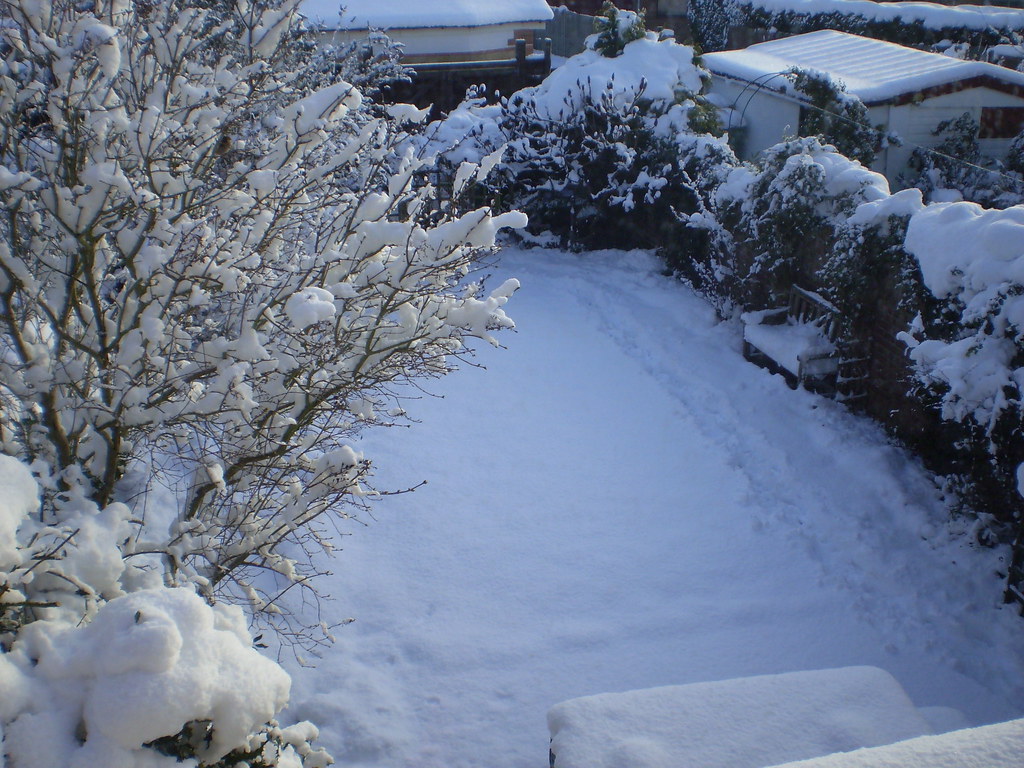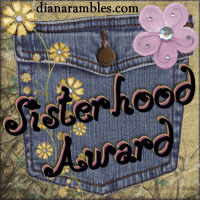Leila Sales, assistant editor at Penguin Young Readers Group , writes about The Ol’ Dead Dad Syndrome in Publishers Weekly.
It is not believable that so many kids are missing one, if not both parents. Slews of them! Hundreds! To quote Oscar Wilde, sort of: “To lose one parent may be regarded as a misfortune; to lose a parent in nearly every children’s book looks like lazy writing.”
I agree with two of her reasons for calling it lazy writing: “First, a dead parent is one fewer character to have to write.” and Second, there’s the instant sympathy factor.. Where we diverge is on Leila’s third point: “Third, grownups are boring.” although she does suggest later that authors could try to “Write parents who actually have something to contribute to the story, who aren’t just a barrier between the kids and fun.”
I don’t think grown-ups are intrinsically boring but they do get in the way in children’s fiction. I think the reason so many authors write them out is because they want their child and teenager characters to solve their own problems, to find their own answers and face their own fears and the role of a good parent is to help with those things. That said, I have by-and-large not played the Angel of Death to the parents in my fiction because I find it more of a challenge to keep them in the text but leave them unable to intervene. In Waking Dream the death of one parent triggers the action, the other parents are at first unaware of what’s happening, then later aware but unable to influence events, reading their children’s stories through diaries that report their ongoing adventures. In Bad Blood the parents are too caught up in the emotional struggle of the family to identify the supernatural elements, they too must wait and worry when the teenager characters are reported missing.
In my forthcoming novel Ghost of a Chance I do admittedly write out two parents. An unknown father is never mentioned and a mother is dead before my heroine knew her. But in neither case were they active, caring and much missed parents. The real parental figure is a grandfather who is hospitalised early in the narrative, keeping him from meddling in my central character’s evolution. Other characters have perfectly functional living parents and have to lie to them to keep them from intervening in the plot.
I really do enjoy the challenge of including parents in children’s books and including them as real people rather than the “clueless or uninvolved” ciphers Leila suggests as a possibility. It’s not a binary choice between parents as all-knowing entities who can solve every problem or hapless and hopeless nonentities. I much prefer them as humans, muddling along between the gutter and the stars. This is one of the reasons I like Margaret Mahy so much. In The Changeover, Catalogue of the Universe and The Tricksters the parents are real people, flawed but trying to do better. Laura’s mother is frantic over the advancing illness of her younger child, Tycho’s parents have given their attention to their charismatic turbulent daughter and pay less attention to their quiet younger son, Harry’s parents are trying to get past a private and personal crisis.
Leila’s piece makes me want to challenge the absenteeism of parents. What if the parents followed you through the hole in the wall? Came along on the quest? Fought the monsters and won – or lost? What effect would that have on the child character, and on the child reader?



 I have been given a Blogging Sisterhood Award by
I have been given a Blogging Sisterhood Award by